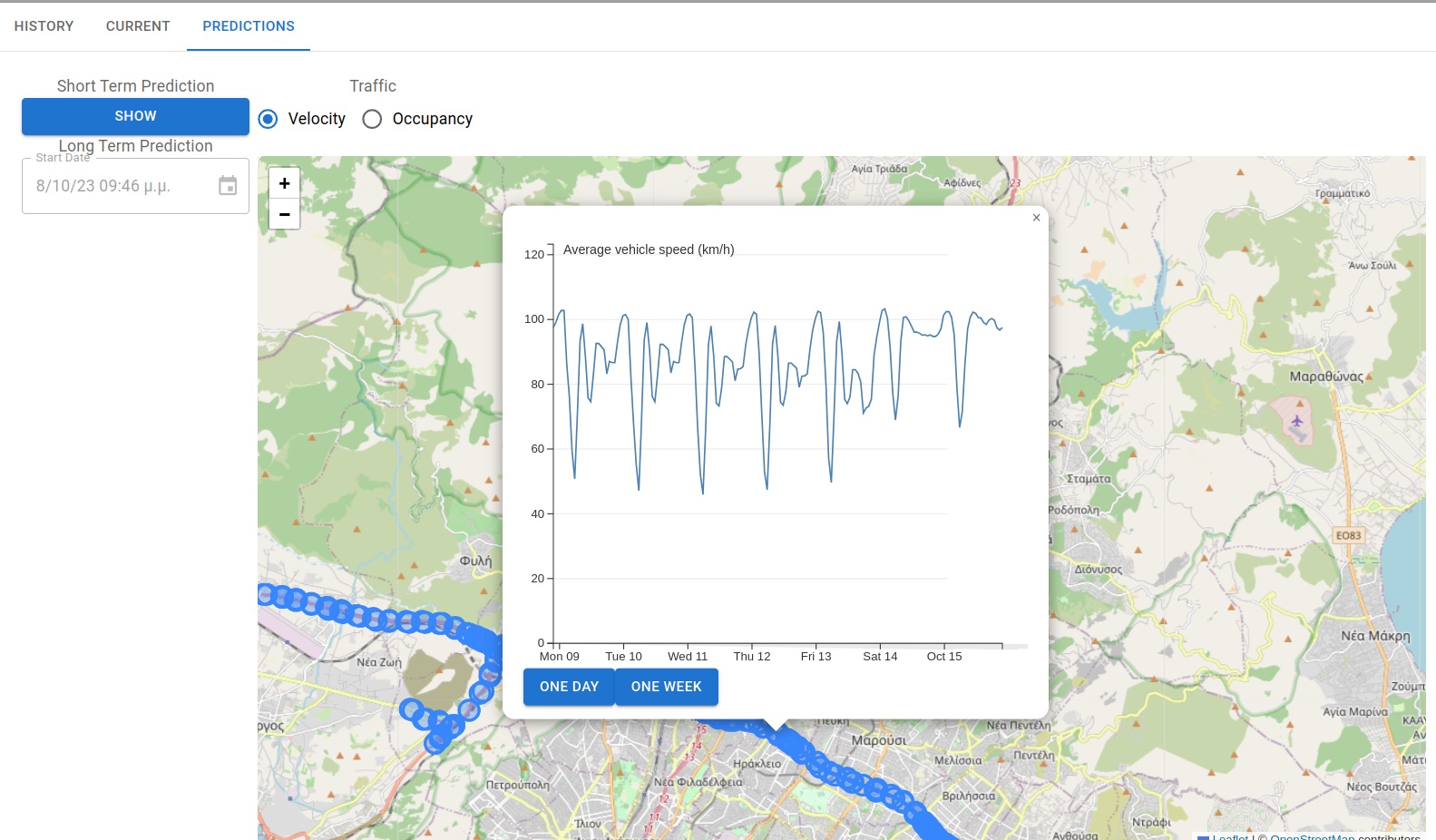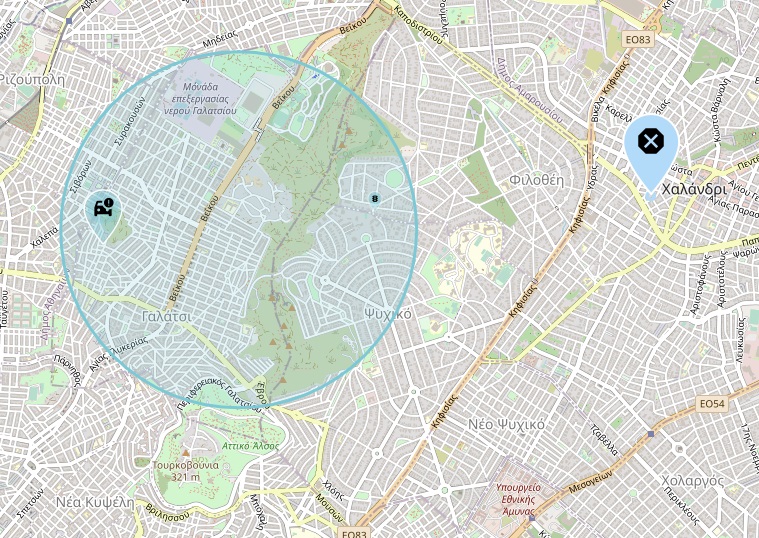
Collective intelligence is the shared knowledge, insights, and problem-solving capabilities of a group or community. It leverages the diverse perspectives, experiences, and expertise of individuals within a community to address common challenges and make informed decisions.
When applied to mobility, community intelligence can significantly enhance the creation of more efficient, sustainable and user-focused transportation systems.
By prioritising collaboration over competition in our transport management strategies, we can make mobility in Europe more equitable and sustainable. To this end, we present the results of FRONTIER, a reseach project funded by the European Climate, Infrastructure and Environment Executive Agency (CINEA), a new funding body launched in 2021 to advance the European Green Deal through high-quality programme management. The funding represents the EU's confidence in FRONTIER and its role in positively contributing to climate change, European infrastructure, and a better standard of living for the continent's citizens.

The recently-completed FRONTIER project ran from May 2021 to April 2024 and involved 19 partners, including Aimsun. The aim was to develop and test cooperative management strategies in order to foster the adoption of the latest technological advancements to address emerging mobility trends, and also to unite stakeholders in pursuit of optimal solutions that consider the transport network as a whole.
The FRONTIER project consortium researched and developed a platform capable of bridging the gap between data processing and decision-making in complex mobility scenarios involving various key stakeholders. The primary tangible outcome of FRONTIER is this interactive platform known as the Autonomous Network and Traffic Management Engine (ANTME).
ANTME provides an integrated global vision and offers a shared communication platform where long- and short-term strategies can be discussed and agreed upon in the user management and concept of operations (ConOps) panels. Additionally, an app was developed for end users to plan their trips and find the most optimal solution, which includes a coordinated strategy from traffic operators with incentives and alerts in case unexpected situations occur in the network during their journey.
Cooperation and communication in FRONTIER were based on key performance indicators derived from simulation, data analysis and prediction within ANTME.
Stakeholders from Athens, Antwerp and Oxford have tested specific cooperative strategies for more efficient global mobility at different levels, including future scenarios with autonomous vehicles. The outcomes of the pilots yielded interesting results in several scenarios. In the Athens pilot case (see below), an analysis of connected autonomous vehicles (C/AVs) was conducted on the C/AV penetration effects on traffic conditions along a specific section of the Attiki Odos corridor.
The analysis revealed that, with a penetration rate of nearly 20% of C/AVs, there is an improvement of almost 11% on the average Total Time Spent and 59% on the Average Vehicle Delay compared to the no-control scenario. For the Antwerp pilot case, solutions for traffic conditions were investigated via simulation, considering different percentages of modal shift from roadway to waterway.

The insights from the pilot provide valuable information for shaping strategies and interventions for the future of sustainable and efficient freight logistics practices in the Antwerp region and beyond. For the Oxfordshire pilot case, response actions were developed and applied to use cases. Response plans were coordinated with the Traffic Management & Control and the Traffic Signal teams within the Operational Network Management group and consist of tools available to them – VMS and VVMS signs to redirect traffic to Park and Ride stations, contributing towards sustainable travel within the city.
With mobility returning to pre-Covid levels (and in some cases exceeding them), future mobility technologies need to adapt not only to handling big data feeds but also to enhancing collaboration. The challenge is shifting from data-centricity and the hype for artificial intelligence, to community intelligence making use of the latest advances to serve a common goal.
Contributions like those achieved in the FRONTIER project demonstrate that it is possible to transition from individual to community-aware solutions. Even more is achievable: from crowdsourced data and insights to participatory planning and decision-making involving community members in transportation processes.
Community intelligence ensures that transportation solutions align with local needs, preferences and priorities and fosters collaboration, inclusivity and data-driven decision-making and implementation. By involving the community, transport management will become more resilient, efficient and people-centered.
Content produced in association with Aimsun

